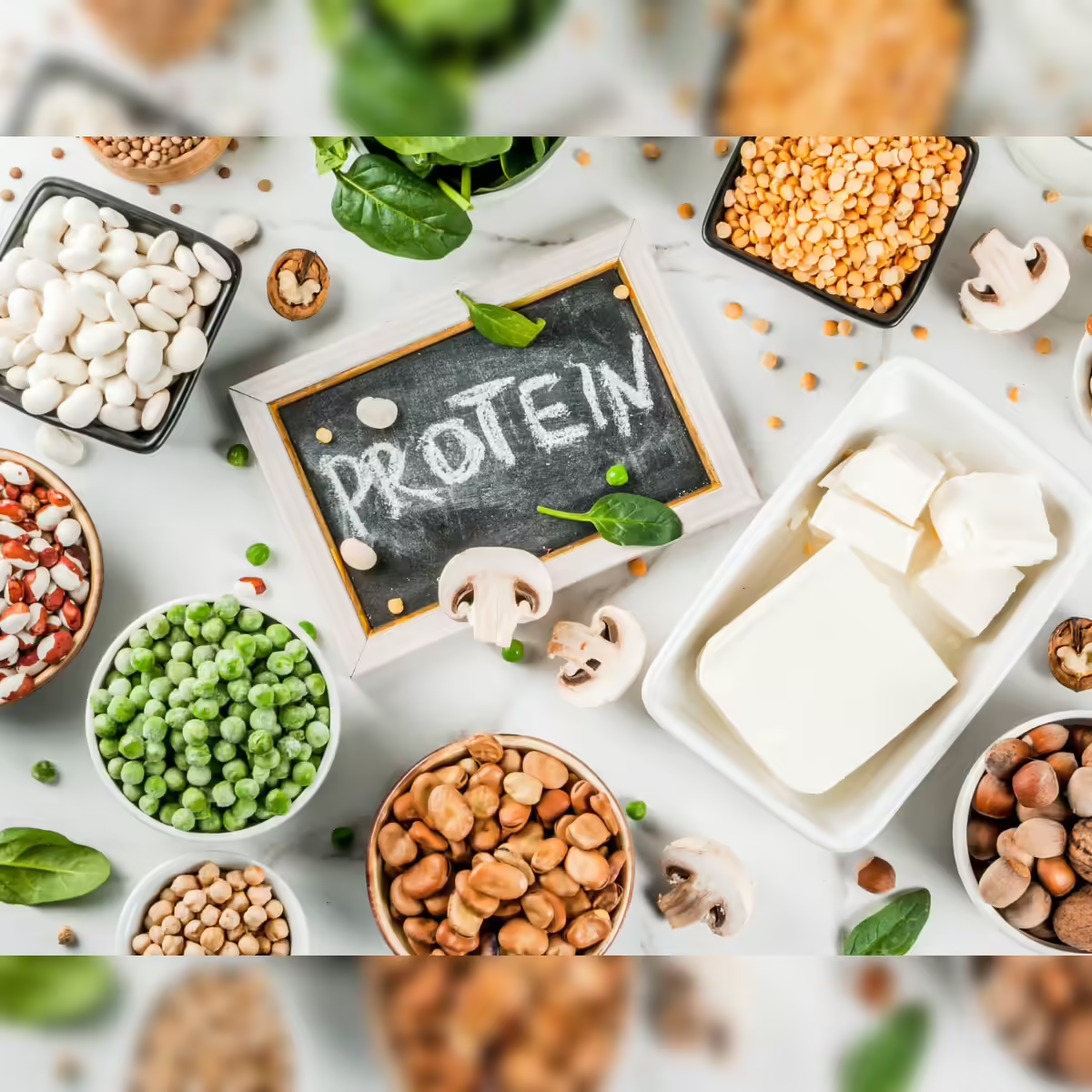Lifestyle
A Lifestyle Coach Offers Simple Ways To Find Dangerous Substances in Mangoes


By Kajal Sharma - 02 May 2025 09:43 PM
What time of year is it? Yes, summer is here, but it's also mango season, the king of fruits. However, the concern over carbides never goes away. Despite being prohibited in India, their use is still rather widespread. Don't worry, though; you no longer have to be afraid to savor your mangoes. Luke Coutinho, a lifestyle expert, posted a video to Instagram. In the video, he walks us through a quick test to determine whether your mangoes have been ripened with dangerous carbides.Look closely at the mango's skin first. If it is uniformly colored, it is a good sign; but, if there are small black patches, you may want to exercise caution. Next, perform a quick pressure check. A mango that has been chemically ripened may typically feel spongy or strangely soft, whereas a naturally ripened mango will feel firm with the proper amount of pulp.
The water test, which involves just dropping the mango into a jar of water, is the most fascinating aspect. It is probably fine and full of pulp if it sinks. However, if it floats, it may have been treated with carbide, which accelerates ripening but leaves the fruit lighter due to more air and less pulp. You may enjoy your mangoes worry-free by using this easy approach."This is a straightforward test that you can all complete at home," explains Luke Coutinho. Do you want to take the test? Indeed, indeed. "That's a test that everyone can do," he continues, "your parents, your kids, senior citizens." "Do not be afraid of the humble mango," the lifestyle coach says as she wraps up the video. Be wary of living in poverty."Please note that you can do this test, it can give you a clue close to accurate, but maybe not always," Luke Coutinho cautions in his caption. You must test in a lab for accuracy. It's simply something we can begin. Disclaimer: The advice in this content is merely general information. It is by no means a replacement for an expert medical opinion. For additional information, always speak with your physician or a specialist. This information is not NDTV's responsibility.
























